
The University of Delhi is offering renowned Mass Communication Programs across its campuses. The students are exposed to multimedia platforms, technology, and communication theory through the learning experiences of research, reporting, and content creation. Students also gain technical expertise in layout and web design, photography, and radio/video production. As a building block of Media Studies, the curriculum readies the graduates for work like journalist, actor, director, editor, producer, and many more on Print, Broadcast, and Social Media.
| Aspect | Details |
|---|---|
| Entrance Accepted | CUET |
| Official Website | https://exams.nta.ac.in/CUET-UG/ |
| Registration Starts | Feb 2025 |
| Registration Closes | April 2025 |
| Exam Date | May 2025 |
| Campus | Delhi |
| Total Seats | 806 |
| Mode Of Exam | Hybrid (Online & Offline Both) |
| Aspect | Details |
|---|---|
| Program Specific Eligibility | CUET Scores of: Any one language + Any one domain from either List B1 or List B2 + General Test |
| Aspect | Details |
|---|---|
| Program Specific Eligibility | CUET Scores of: Combination I : English (language) + General Test OR Combination II : Hindi (language) + General Test |
| Aspect | Details |
|---|---|
Program Specific Eligibility | CUET Scores of:Combination I : English (language) + General Test OR Combination II : Hindi (language) + General Test |
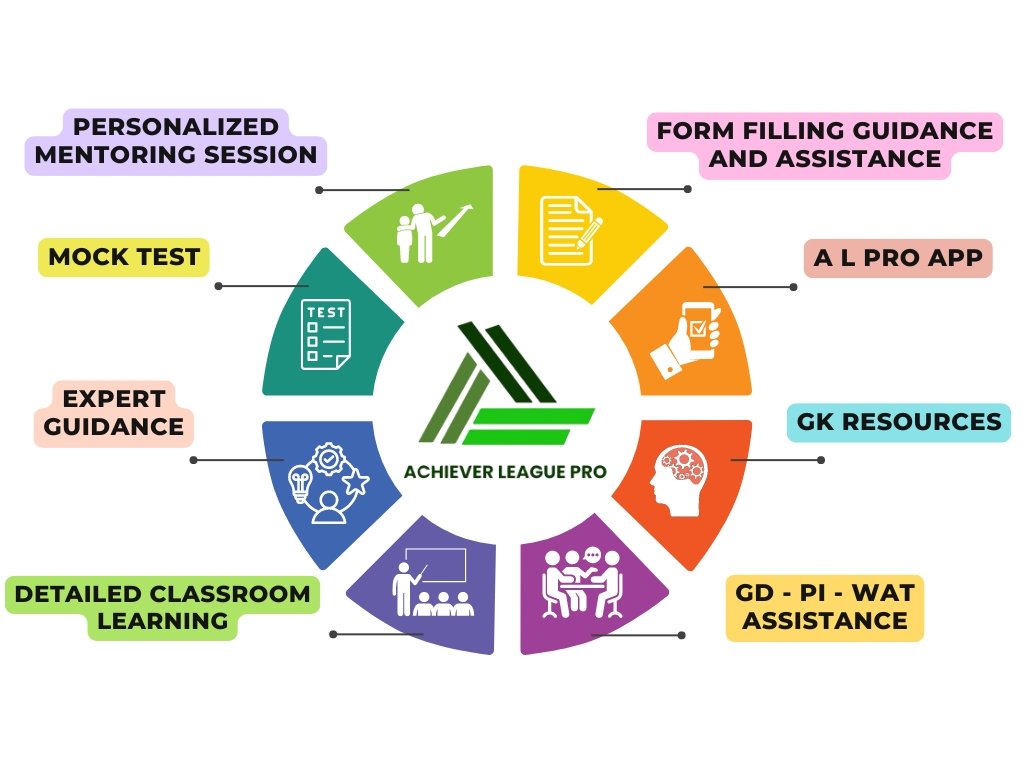
No, it is not mandatory to have a background in mass communication or journalism. Students from various academic backgrounds are eligible to apply for the course. However, some prior knowledge or experience in the field can be beneficial.
The field of mass communication offers a wide range of career opportunities. Graduates can work as journalists, news reporters, editors, content writers, public relations professionals, advertising executives, media researchers, filmmakers, television producers, radio jockeys, and more. They can find employment in media organizations, advertising agencies, broadcasting companies, publishing houses, public relations firms, and digital media platforms.
Yes, Delhi University often collaborates with various media organizations and institutes to provide internships and practical training opportunities to students. These internships allow students to gain hands-on experience in the industry, enhance their skills, and develop a professional network.
Yes, Delhi University has several extracurricular activities and student societies related to mass communication. These societies organize workshops, seminars, guest lectures, film screenings, and other events to provide additional learning experiences to students. Some popular societies include the Mass Communication Research Center (MCRC), Delhi University Photography Club (DUPC), and Delhi University Debating Society (DUDS).
Delhi University offers various scholarships and financial aid options to eligible students. These scholarships are based on merit, financial need, or specific criteria set by individual departments or colleges. Students can inquire with the university or the respective college’s administration for more information on available scholarships and financial assistance programs.
Yes, after completing a mass communication course, you can pursue higher studies. You can opt for postgraduate courses in mass communication, journalism, media studies, public relations, advertising, or related fields. Many universities in India and abroad offer specialized master’s and doctoral programs in these areas, which can further enhance your knowledge and career prospects.
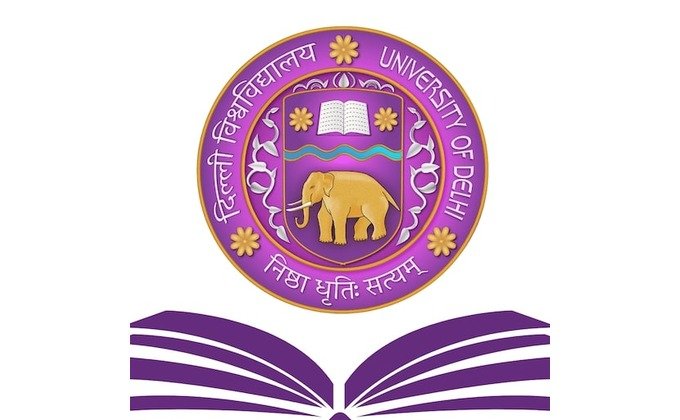
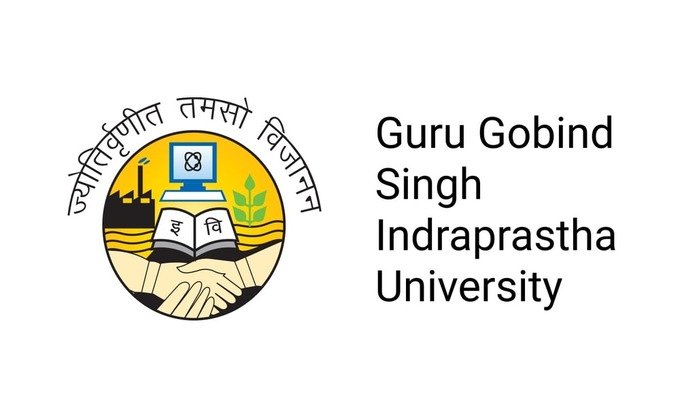
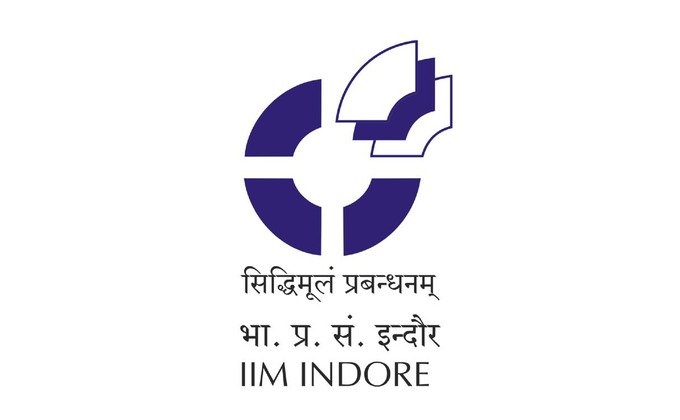

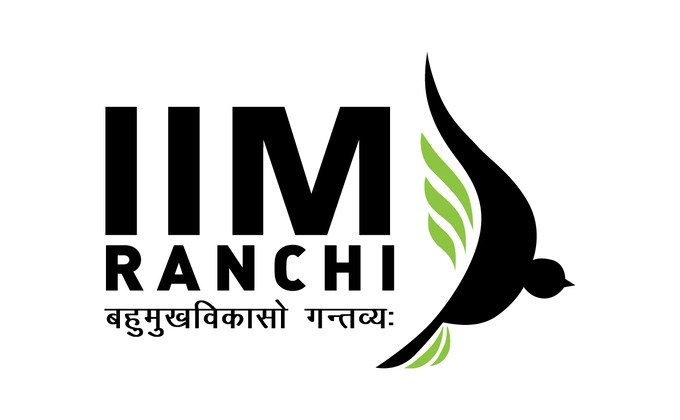
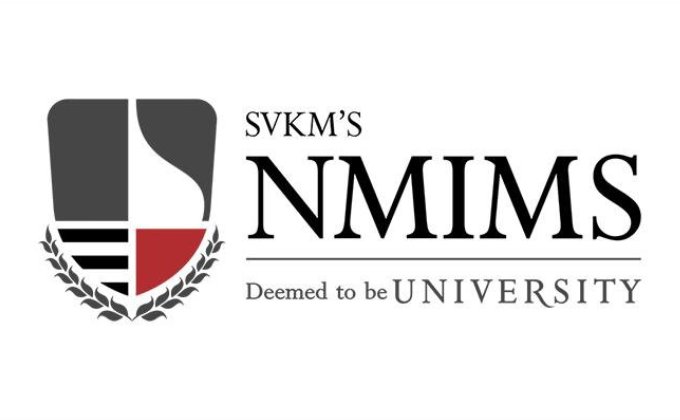


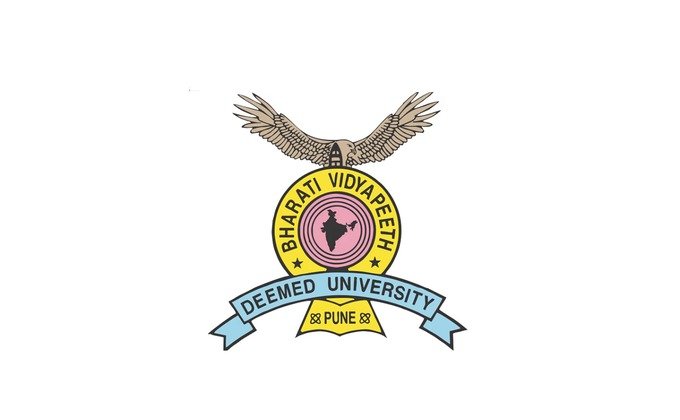
📧 info@achieverleaguepro.in
☎︎ +91-8595309942
☎︎ +91-8860066057